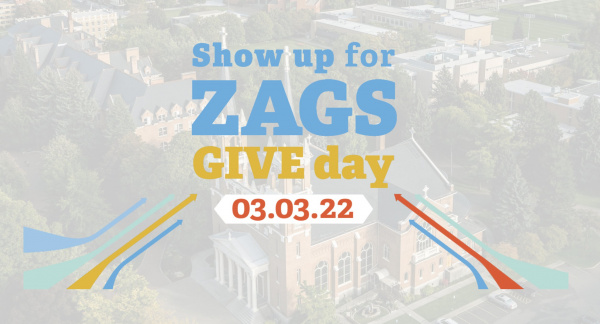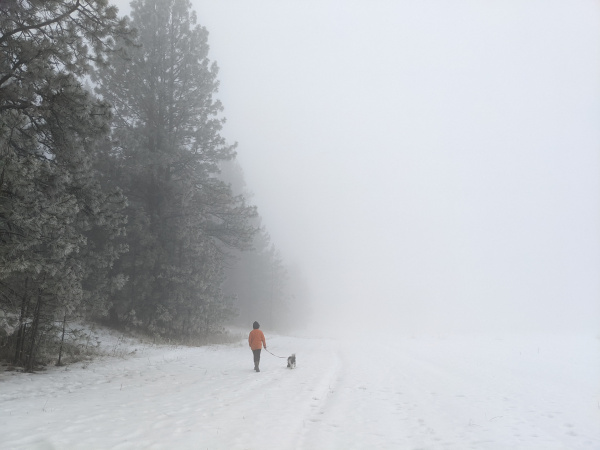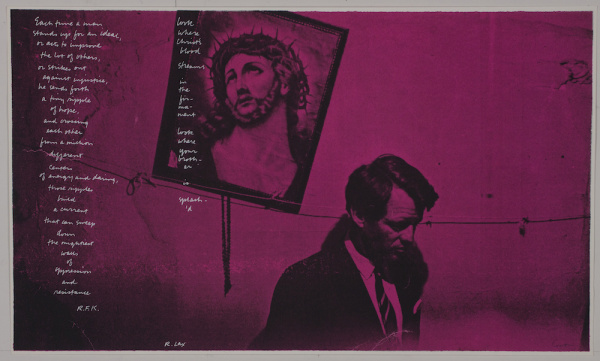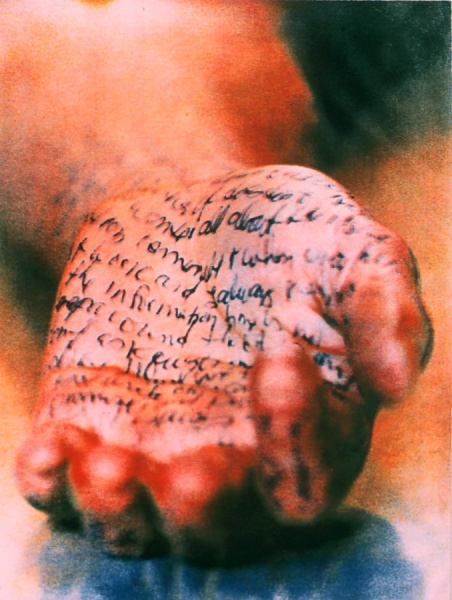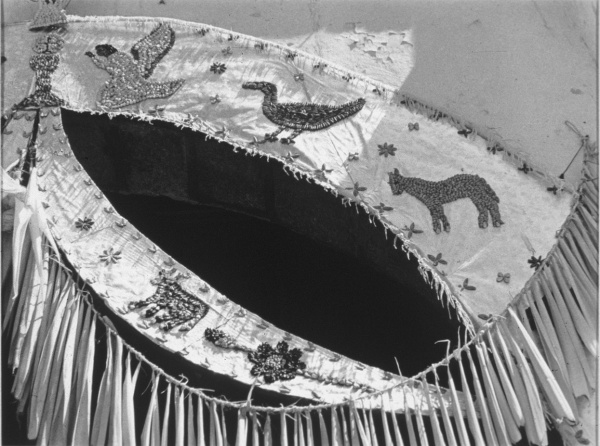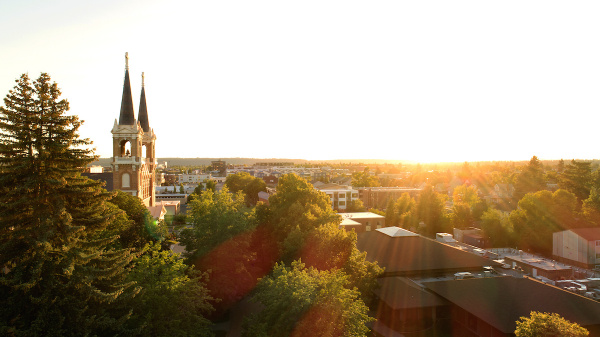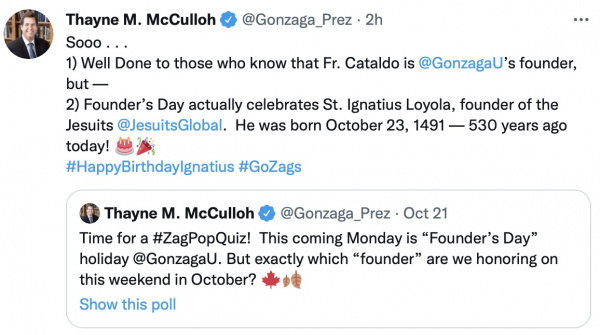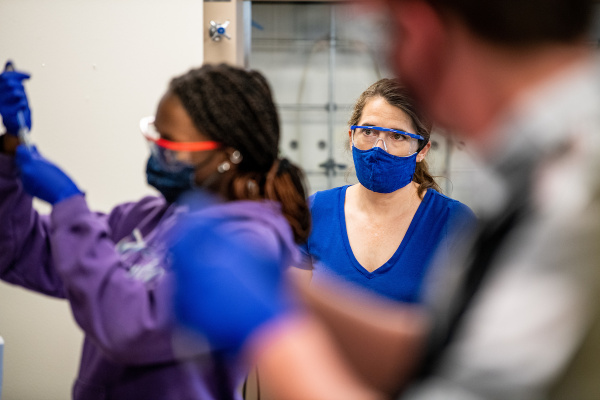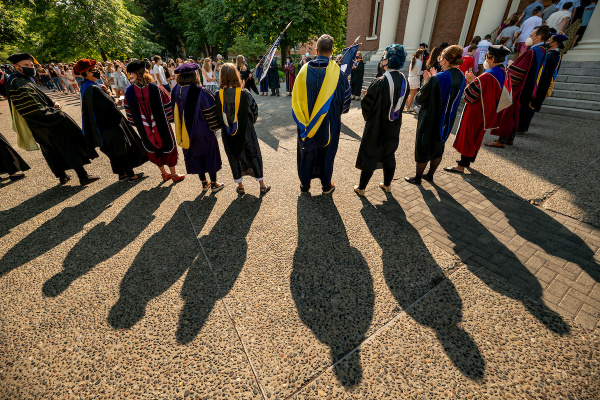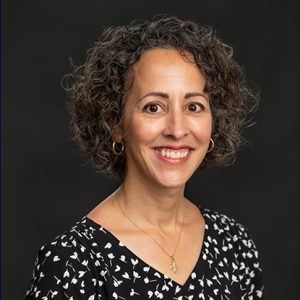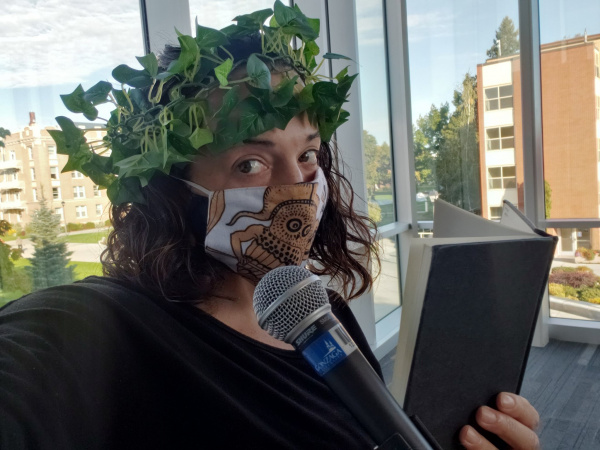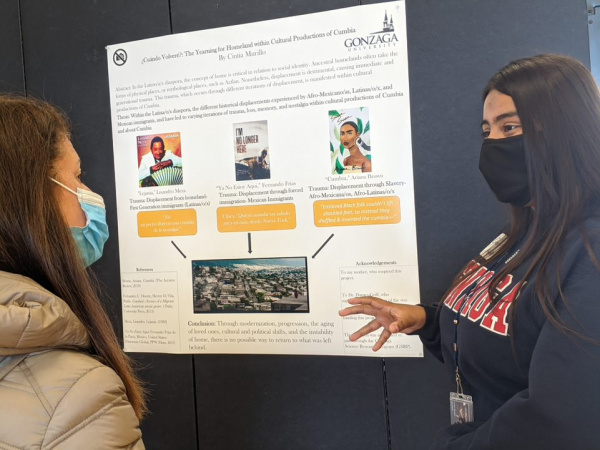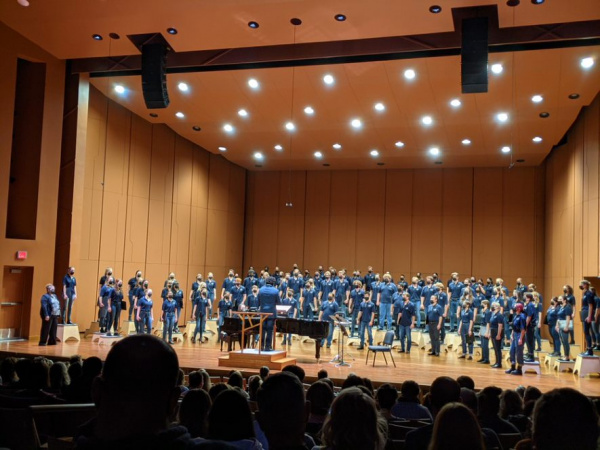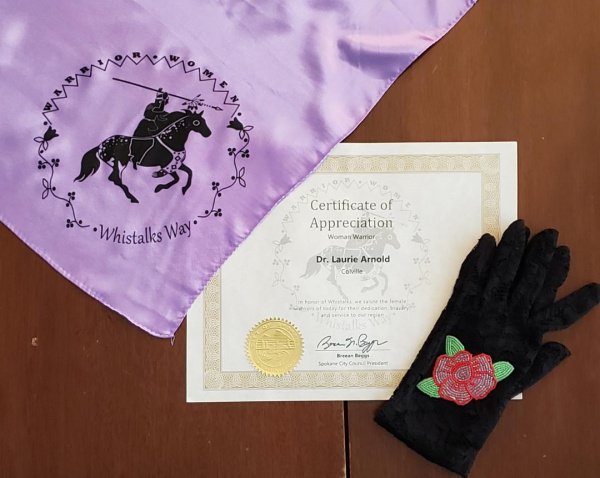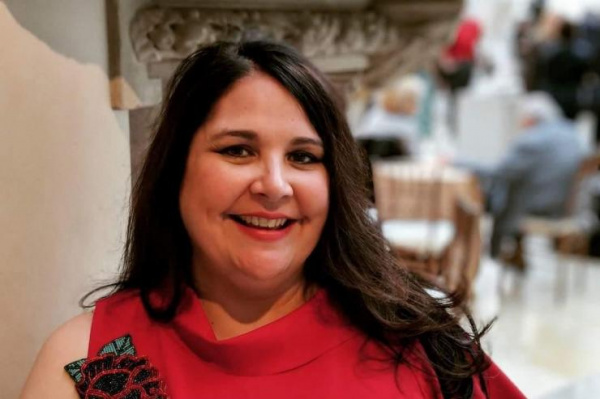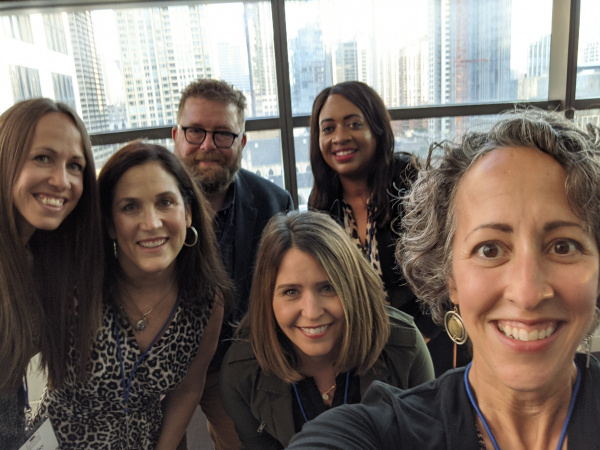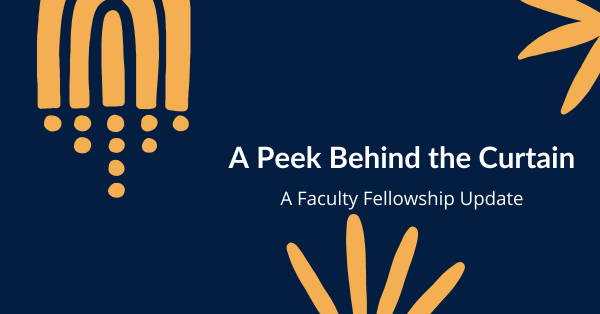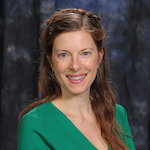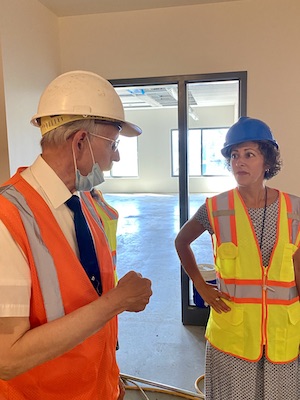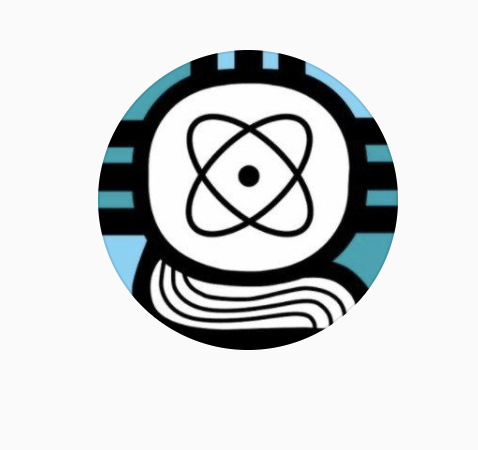#ZagsGiveDay is coming up March 3, 2022, and I’m excited about it.
Why?
Because it gives us another chance to share the wonderful work you are doing with the world!
Since joining Gonzaga, I’ve been listening to learn what you need to be successful, whether it’s in your discipline or career stage. Some of these needs require financial resources that cannot be satisfied from the College operational budget, most of which is used for the salaries and benefits of over 300 people. This is not unique to Gonzaga and is often why deans are expected to be fundraisers.
I know some people back away from leadership roles because they perceive fundraising to be unpleasant, but I enjoy it because it taps into my love of serving as a “matchmaker.” I find it personally fulfilling to connect people with shared interests and watch what they achieve together. In this case, it’s matching people who have resources to people who have great ideas. One visible way I do this is through social media (take a look at how I use Twitter, LinkedIn, and Instagram, and it is very much about elevating the College and our shared vision, even when I post personal things). I also work behind the scenes with University Advancement to align potential donors’ desires or interests with the needs of a department, project, or person. We have recently been blessed with sizeable gifts to several departments like Political Science, Mathematics, and Biology. More are in process. These gifts will help departments do things they always wished they could do like provide summer stipends to faculty-student teams, host visiting speaker series, and more. I’m also working on broader College fundraising to show how gifts help us recruit and retain outstanding faculty and staff through startup funds and mini-grants, as well as support our student groups such as Model UN, Ethics Bowl, Debate Team, SACNAS, choirs, and other performing arts councils, and more. This is why fundraising is more like fun-raising to me. Each gift makes it possible to do something we couldn’t do before and brings more people into our collective work. Zags Give Day is a fun and meaningful Zag-sourcing (think, crowdsourcing) event to support your work.
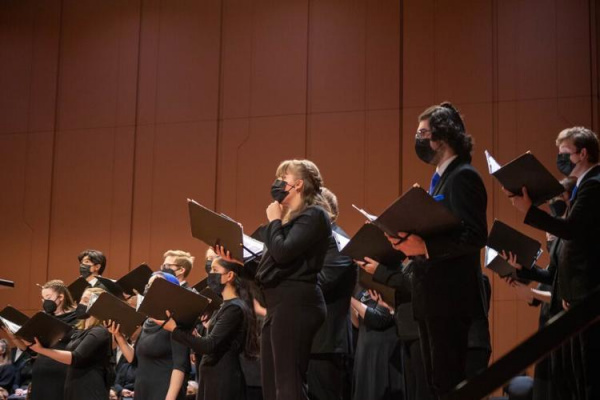
If you would like to join in this effort, consider following the College on social media and re-sharing our #ZagsGiveDay posts on Thursday, March 3, 2022. We’re focusing on the CAS Dean’s Excellence Fund to support faculty, staff, and student work as described above.
Twitter: @GonzagaCAS
Instagram: @GonzagaCAS
Facebook: Gonzaga University – College of Arts and Sciences
Go Zags!
